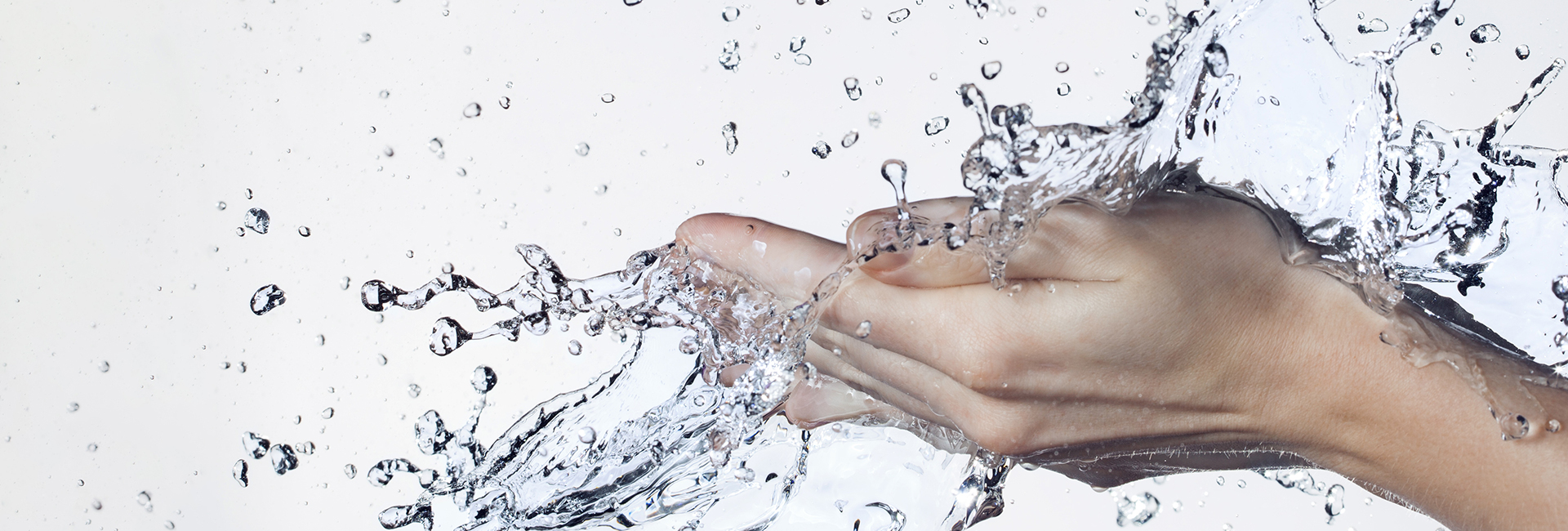
Our BLog
V & C Water SolutionsAn Authorized Hague Quality Water Dealer
Do You Need a Water Softener? 7 Signs of Hard Water

Hard water is water that contains a high concentration of dissolved minerals, primarily calcium and magnesium. In the Inland Empire, hard water is a common issue, impacting both city and well water sources. While it’s not typically hazardous to health, hard water can create several problems around your home. These minerals build up over time, causing issues with plumbing, appliances, and even your everyday routines. Knowing how to identify hard water is the first step to protecting your home and ensuring your water is as clean and efficient as possible.
One of the most obvious signs of hard water is the constant appearance of soap scum in sinks, bathtubs, and shower doors. The minerals in hard water react with soap, causing it to form a sticky residue that clings to surfaces and is difficult to rinse away thoroughly. If you notice that your bathroom or kitchen surfaces look cloudy or require frequent deep cleaning, hard water may be the culprit. Over time, this buildup not only looks unsightly but can also damage tile, grout, and glass, meaning extra costs and more effort for upkeep.
Are your dishes coming out of the dishwasher still looking dirty? Cloudy spots and streaks on glassware are tell-tale signs of hard water in your home. The calcium and magnesium in hard water leave mineral deposits on your dishes that no amount of extra detergent or rinse aid seems to fix. Not only is this frustrating, but it may also shorten the life of your dishes and reduce the efficiency of your dishwasher. If spotless dishes are a constant struggle despite thorough washing, it’s likely time to consider a water softener.
Hard water also takes a toll on your skin and hair. You may notice your skin feels dry, itchy, or irritated after showering—even if you use lotions or moisturizers regularly. Similarly, your hair can appear dull, brittle, or difficult to manage. This happens because the minerals in hard water can strip away your body’s natural oils, leaving you with uncomfortably dry skin and less vibrant hair. If your personal care routine isn’t providing the relief or results you expect, hard water could be the underlying issue.
Another sign of hard water in the Inland Empire is laundry that doesn’t feel as soft or look as bright as it should. The minerals in hard water make it harder for your detergent to do its job, leading to clothes that feel stiff, scratchy, or faded over time. Whites may look dingy, and colored clothes can lose vibrancy quickly. If your towels and clothes are less comfortable or look worn out before their time, your washing machine might be battling mineral-heavy water with every load.
If you notice white, chalky buildup around your faucets, showerheads, or inside your appliances, you’re likely dealing with limescale. These mineral deposits can significantly reduce the efficiency of your water heater, dishwasher, and washing machine. Limescale not only makes fixtures harder to clean, but it can also lead to costly repairs if left unchecked. Appliances working overtime to overcome hard water may break down faster, increasing maintenance and replacement expenses in your household.
Over time, the minerals in hard water accumulate inside your home’s pipes, gradually narrowing the flow and leading to reduced water pressure. If you’ve noticed that your showers are weaker than they used to be or kitchen faucets don’t provide the same steady stream, hard water deposits could be restricting movement. Poor water pressure makes daily chores more time-consuming and can indicate more serious plumbing issues ahead. Addressing hard water now can help prevent long-term damage and restore your water flow.





